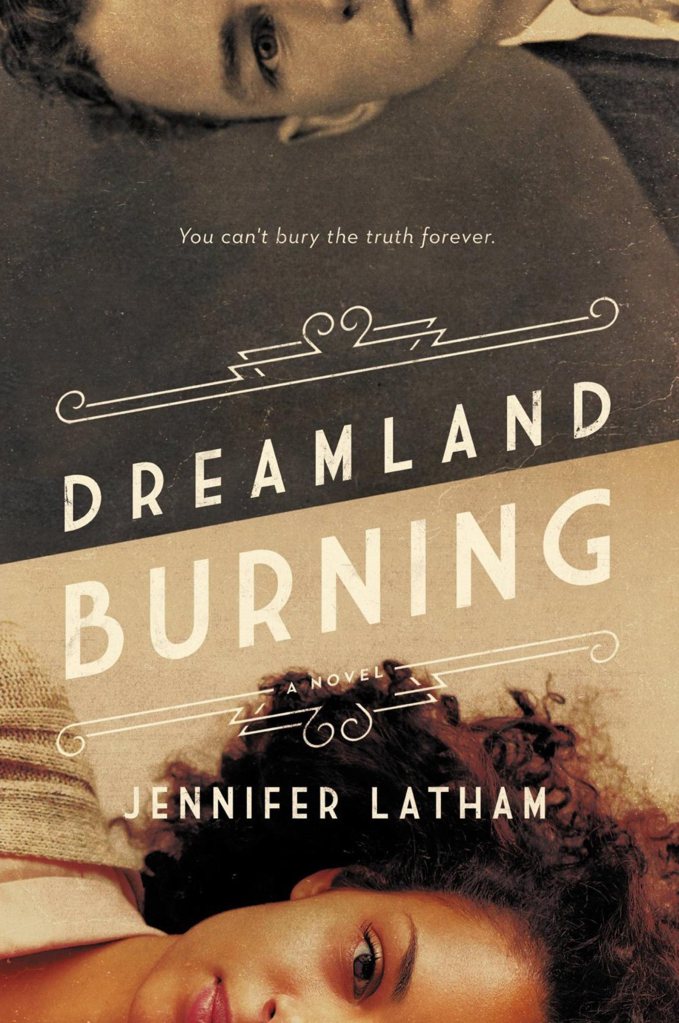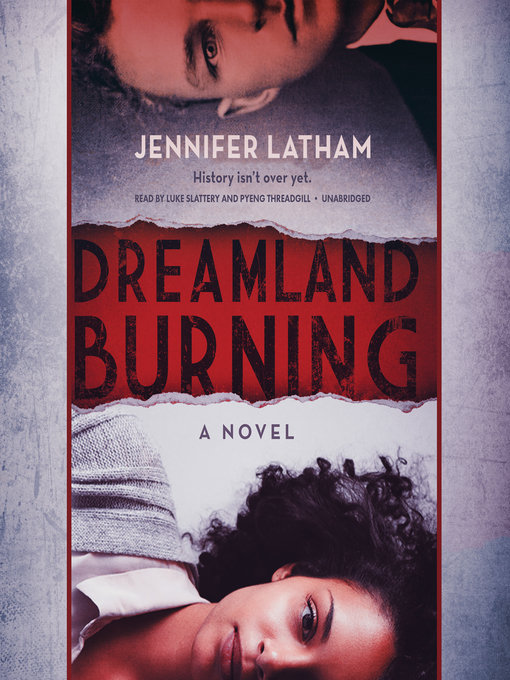
It was my only chance at a real day off, because the next morning I was supposed to start the internship Mom had arranged.

They just need the living to listen.Įverything started the first Monday of summer vacation. Because it's like Geneva says: The dead always have stories to tell. That's why I'm here, wearing one of Mom's knee-length business skirts, sitting on a bench near the courthouse, waiting to tell the DA what happened. Otherwise it loops past the same mistakes over and over again. I understand now that history only moves forward in a straight line when we learn from it. It was probably quieter a hundred years ago, but that doesn't necessarily mean better. There aren't any farms now, only highways and concrete.

But back then they ran north into trees and fields and farms. In 1921, the Arkansas River cut them off to the south, just like it does today. There's this old map of Tulsa online, and the streets I walked along to get here are on it.

So to keep myself calm, I imagined how things must have looked the night Will and Joseph and Ruby tried to survive. Honestly, I'd been a little worried that being there again would mess me up. Especially when I got to the place where he died. I convinced them the walk would help me clear my head, and it did. Mom and Dad wanted to come home and pick me up after their morning meetings. Real Tulsans drive.īut today my car is totaled and I have an eleven-thirty appointment with the district attorney at the county courthouse. My ninth-grade Oklahoma History teacher joked that around these parts, walking is sacrilege. Oil built our houses, paved our streets, and turned us from a cow town stop on the Frisco Railroad into the heart of Route 66. Through intricately interwoven alternating perspectives, Jennifer Latham’s lightning-paced page-turner brings the Tulsa race riot of 1921 to blazing life and raises important questions about the complex state of US race relations–both yesterday and today. In a country rife with violence against blacks and a hometown segregated by Jim Crow, Will must make hard choices on a painful journey towards self discovery and face his inner demons in order to do what’s right the night Tulsa burns. Nearly one hundred years earlier, a misguided violent encounter propels seventeen-year-old Will Tillman into a racial firestorm. When seventeen-year-old Rowan Chase finds a skeleton on her family’s property, she has no idea that investigating the brutal century-old murder will lead to a summer of painful discoveries about the present and the past.

A compelling dual-narrated tale from Jennifer Latham that questions how far we’ve come with race relations.


 0 kommentar(er)
0 kommentar(er)
